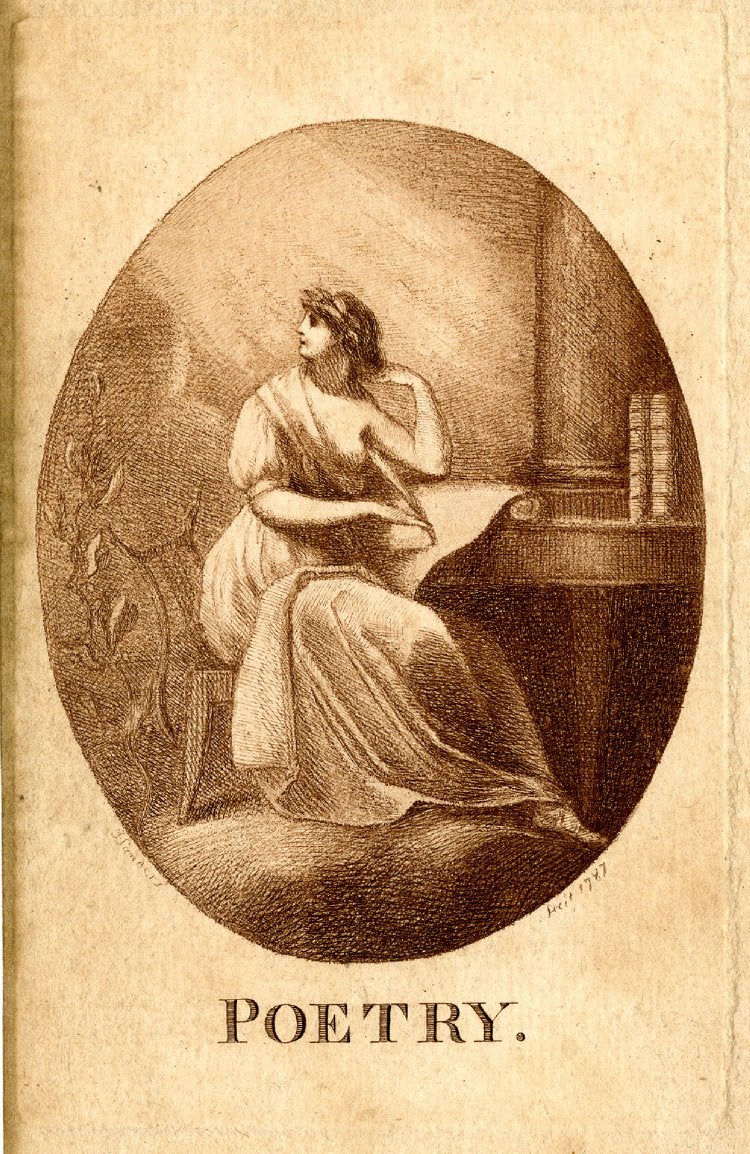Poetry and Poetics

The cluster in poetry and poetics is composed by a heterogeneous group of faculty with a wide variety of interests and expertise. It comprises scholars of Renaissance drama and epic (Campana, Snow), eighteenth-, nineteenth-, and twentieth-century British and US literature (Morton, Regier, Wolfe), as well as creative writers who write poetry (Campana) and translators (Snow). Although these faculty members vary in their theoretical expertise and their approaches to literature and history, they all share a deep interest in the theoretical, practical, and historical study of poetic form and the poetics of meaning and language in other domains. How does poetic form evolve over time, what does it mean to study poetry (as opposed to, say, prose or instruction manuals). Can we develop a theory of poetry, or is the essence of poetry the kind of work that philosophy and theory cannot achieve on their own? These are just some of the many questions that the faculty in this cluster ask and develop, trying to understand poetry’s relevance for today’s literary studies, and how poetry serves as a particularly concentrated instance of the poetics that has long been considered central to literary and artistic meaning.
The courses taught by faculty in this cluster reflect the rich variety of textual and historical materials of poetry and poetics. They allow students to appreciate why poetics is such a diverse discipline that deeply shapes our understanding of what is literary and why we bother studying it. Recent seminars in the area of poetry and poetics have focused on topics and issues such as Forms of Poetry, Advanced Poetry Writing, Wordsworth; Romantic Poetry and Critique; Blake; Medieval and Early Modern Romance; Literary Forms in the Renaissance; Emersonian Romanticism and Its Inheritors; Victorian Poetry and Material Form; Genealogies of American Romanticism: Emerson and Stevens. Faculty in the Poetry and Poetics cluster have editorial roles in journals and presses such as Diacritics, New Formations, Studies in English Literature, the Posthumanities series at the University of Minnesota Press, Environmental Humanities, Antennae: The Journal of Nature in Visual Culture, and others.

